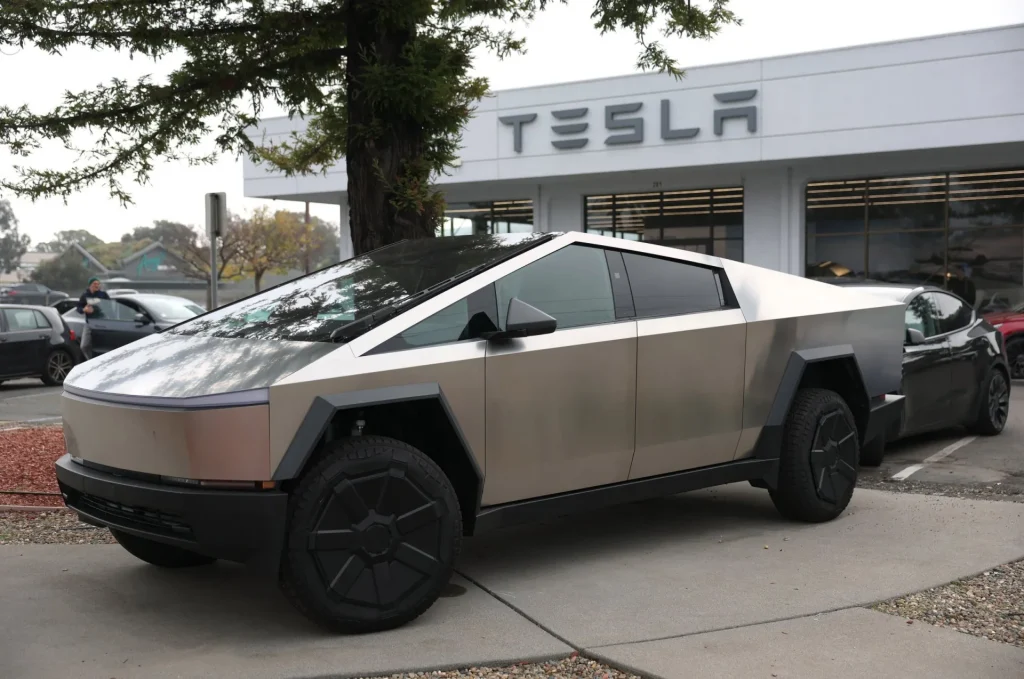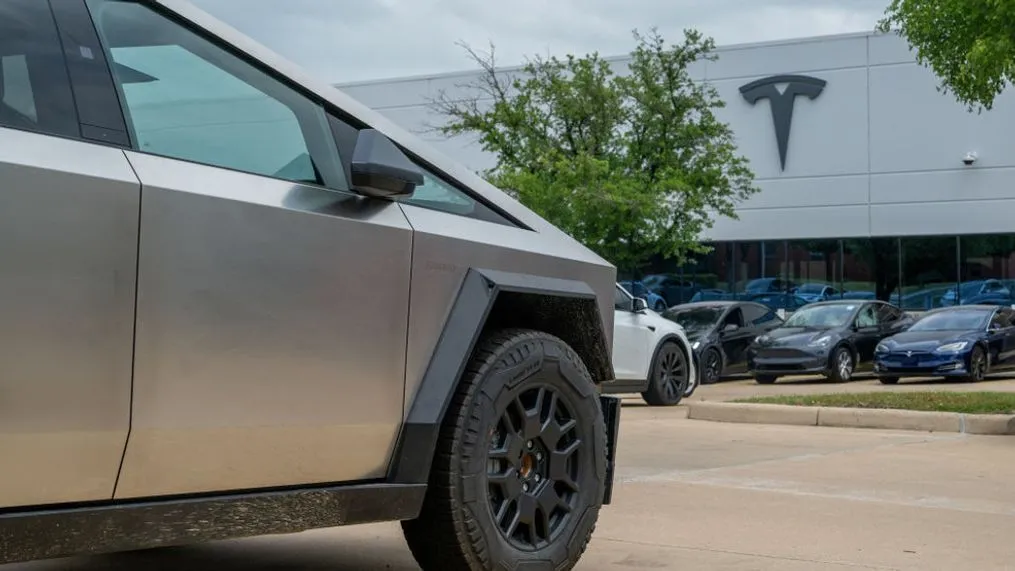Tesla Recall 700,000 Vehicles Affected by Tire Issue
Tesla, the world’s leading electric vehicle manufacturer, is issuing a major recall affecting nearly 700,000 vehicles in the United States. The recall is linked to a problem with the Tire Pressure Monitoring System (TPMS), which could fail to alert drivers about low tire pressure. This issue not only violates safety standards but also poses a significant risk to drivers and passengers.
The affected vehicles include some of Tesla’s most popular models, spanning multiple years of production. Owners of these vehicles are being urged to address the issue immediately by contacting Tesla for a free fix. Tesla’s move underscores its commitment to safety, even as the company continues to lead the EV revolution.
What’s the Issue with Tesla’s TPMS?
The Tire Pressure Monitoring System (TPMS) is a critical safety feature designed to alert drivers when their tire pressure falls below recommended levels. Proper tire pressure is essential for maintaining vehicle stability, fuel efficiency, and overall safety. However, Tesla has identified that in some of its vehicles, the TPMS is not functioning as intended.
According to reports, the system may fail to warn drivers of dangerously low tire pressure, increasing the risk of accidents. This issue violates federal safety standards, which mandate that TPMS must alert drivers to low tire pressure within a specific timeframe. Tesla has decided to recall the affected vehicles to resolve the issue and ensure compliance with these regulations.

Which Tesla Models Are Affected?
The recall impacts nearly 700,000 Tesla vehicles, including the Model 3, Model Y, Model S, and Model X, across various production years. Tesla has not disclosed the exact breakdown of affected models, but it’s clear that this issue spans a significant portion of its lineup.
If you own a Tesla, it’s essential to check whether your vehicle is part of this recall. Tesla will notify owners directly, but you can also check the National Highway Traffic Safety Administration (NHTSA) website or contact Tesla customer service for more information.

Tesla’s Response and the Fix
Tesla has already begun notifying affected customers about the recall. The company plans to address the issue by releasing a software update that recalibrates the Tire Pressure Monitoring System. This fix will be provided free of charge to all affected vehicle owners.
For Tesla owners, the process is relatively straightforward. Most Tesla recalls involve over-the-air (OTA) software updates, meaning you may not even need to visit a service center. However, if your vehicle requires additional attention, Tesla’s service centers will handle the issue at no cost to you.

How Serious Is This Recall?
While recalls are not uncommon in the automotive industry, this one is particularly noteworthy due to the sheer number of vehicles affected and the potential safety risks involved. Driving with improperly inflated tires can lead to reduced handling, increased stopping distances, and a higher likelihood of tire blowouts—all of which are dangerous for both drivers and other road users.
Tesla has been proactive in addressing the issue, but the recall highlights the challenges automakers face as vehicles become more reliant on advanced software systems. Even minor bugs can have significant safety implications, emphasizing the importance of rigorous testing and quality control.

What Should Tesla Owners Do Next?
If you own a Tesla, here’s what you need to do:
- Check If Your Vehicle Is Affected: Tesla will notify owners directly via email or through their Tesla app. You can also check your Vehicle Identification Number (VIN) on the NHTSA website to confirm.
- Watch for Updates: Tesla will release a software update to resolve the issue. Make sure your vehicle is connected to Wi-Fi to receive the update automatically.
- Visit a Service Center If Needed: If the software update doesn’t resolve the problem or if additional repairs are required, schedule a service appointment through the Tesla app.

Tesla’s Recall History
This isn’t the first time Tesla has issued a major recall. The company has faced several recalls in the past, ranging from seatbelt malfunctions to problems with its Full Self-Driving (FSD) software. However, Tesla’s ability to resolve many issues through OTA updates sets it apart from traditional automakers.
That said, the sheer number of recalls raises questions about Tesla’s quality control processes. While the company’s rapid innovation is commendable, it also underscores the need for thorough testing to prevent such issues from arising in the future.

Final Thoughts
Tesla’s recall of nearly 700,000 vehicles over a TPMS issue highlights the complexities of modern vehicle manufacturing. While the problem is concerning, Tesla’s swift response and the availability of a free fix are reassuring for affected owners.
If you’re a Tesla owner, staying informed and proactive is key. Ensure your vehicle receives the necessary update to maintain safety and compliance. As Tesla continues to innovate, this recall serves as a reminder of the importance of balancing cutting-edge technology with rigorous quality control.
